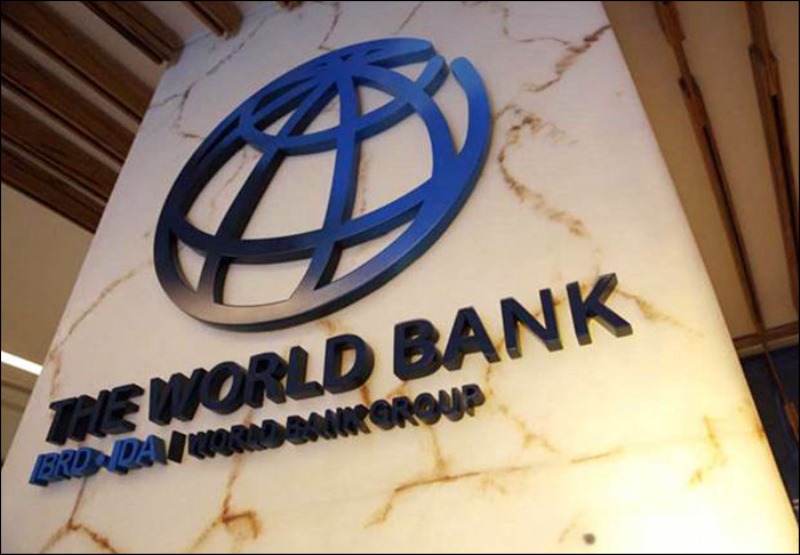Officials from the World Bank (WB) and the International Monetary Fund (IMF) recommend that Uzbekistan keep up reform after currency liberalization
After liberalizing its foreign exchange system, Uzbekistan now needs to restructure its entire economy distorted by the decades of strict currency and price controls, Hans Timmer, chief economist for Europe and Central Asia at the World Bank, and Juha Kahkonen, deputy director of the Middle East and Central Asia department at the IMF told Reuters in an interview on May 23.
This would involve painful steps such as raising energy prices or shutting down companies unable to adapt to the changing environment – and at the same time taming inflation and improving the business climate.
Timmer urged the government to keep up the pace of pace of reform but acknowledged Tashkent was worried about the effect on jobs.
Kahkonen stressed in a separate interview the need for tighter budget and monetary policies to help curb inflation.
Both officials were speaking on visits to the Kazakh capital of Astana.
Uzbekistan reportedly resumed long-delayed market reforms after President Shavkat Mirziyoyev came to power in 2016.
Last year the former Soviet republic ended a system under which a select few companies enjoyed access to foreign currency at half the market price, creating economic distortions.
The World Bank this month provided $940 million in financing for four new projects in Uzbekistan, focusing on energy efficiency, horticulture and emergency medical services.
Unemployment is one of Uzbekistan’s biggest problems, with millions of Uzbeks working abroad, mainly in Russia to provide for their families.
Kahkonen said that getting inflation, which is close to 20 percent currently, under control was an immediate priority.
Steps also needed to be taken to reduce losses and state subsidies in the energy industry.
In the medium term, an important task is “raising energy prices that are currently at well below cost recovery to close to cost recovery levels”, Kahkonen said.
Restructuring state enterprises is a priority, he said, as well as making the domestic economy more competitive and attracting foreign direct investment.
“Given where Uzbekistan started as a very heavily state-dominated economy with lots of restrictions and regulations there are many things to do, but a good start has been made in price liberalization, in foreign exchange liberalization and other things,” Kahkonen said.
Uzbekistan is prepared to privatize its state airline but will keep full control of its gold mines and oil firm, a senior Uzbek official told Reuters last month.




